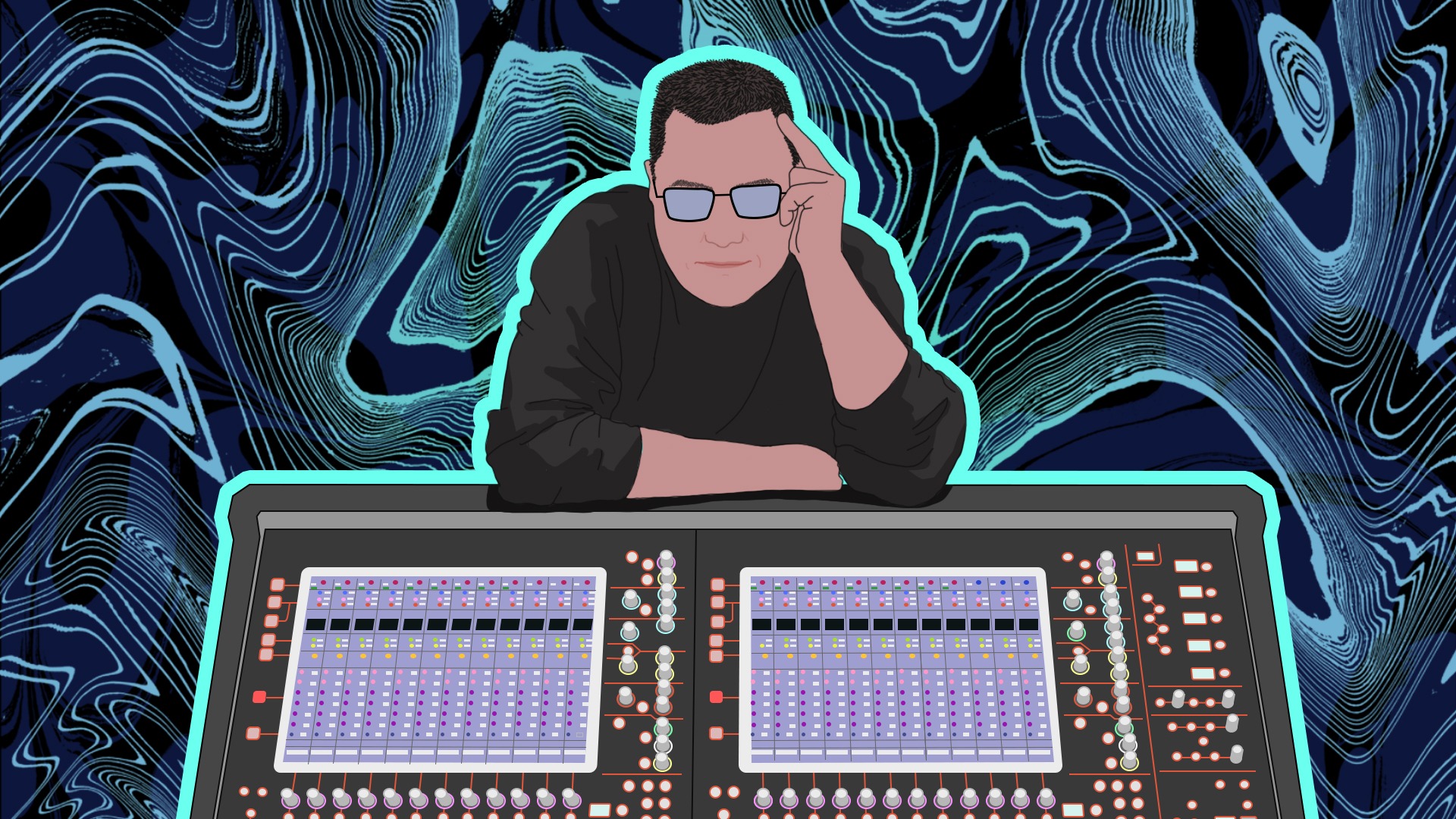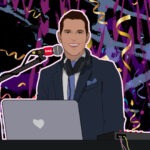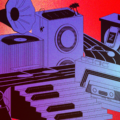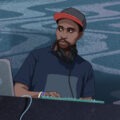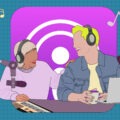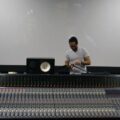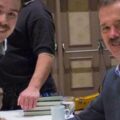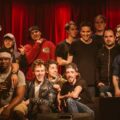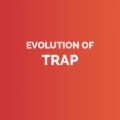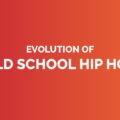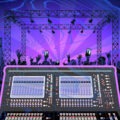For some, finding a calling and passion in the music industry is simply a part of their destiny. Michael Stewart, RAC grad of ‘88 and Head of Audio at Hamilton’s Global Spectrum, is one of those people meant to be in the world of audio and production.
With decades’ worth of experience under his belt and a love for music as a whole, Michael took some time to give details about his career journey and what it means to be a Head of Audio, as well as sharing his thoughts on where the music industry (and live sound in particular) is headed in a post-pandemic world.
Favourite live show? Ravi Coltrane
If you could only listen to 2 songs, which would they be? Here Comes the Sun, Mr. Blue Sky
Proudest musical/audio accomplishment? Working with my father!
If I weren’t an audio engineer I’d be… an entertainment lawyer
Dream artist/musician/ensemble to work with? Paul McCartney, Elton John, Danny Elfman, Jeff Lynne
RAC: Tell us a little bit about your background; could you give us an insight into your early years and what influenced you to get into the world of audio?
Michael: I grew up in the industry with my father also being an audio engineer. My parents supported my choice to music and were also supportive of my instrument of choice (drums). I took to loving all things audio and music. I was also involved in music and was a part of the stage crew during elementary and high school.
RAC: Could you share a little about your audio engineering journey? How did you first start out?
Michael: When I finished high school, I knew I wanted to continue my studies in the music industry. I applied to both music and audio engineering / production programs, and ultimately chose the latter. After my course of studies, I started in the industry working for an A/V company. I then went on to a music store that had a production division and was in charge of all productions, including equipment installations.
RAC: To follow-up on that, how did you rise through the ranks to land your first head of audio job at the Theatre Aquarius fairly quickly after you completed your schooling?
Michael: How I landed the Head of Audio job at Theatre Aquarius was by working at a music / production shop in Hamilton and also catching calls with I.A.T.S.E. (International Alliance of Theatrical Stage Employees). An opening for Assistant Electrician came up at Aquarius (an I.A.T.S.E. venue); I interviewed and got the position. Approximately 18 months later, when the head of sound at the time moved on to grow his business, he left the position open, and I applied and became the Head of Audio. I did 8 seasons there as the Head of Audio and Resident Sound Designer.
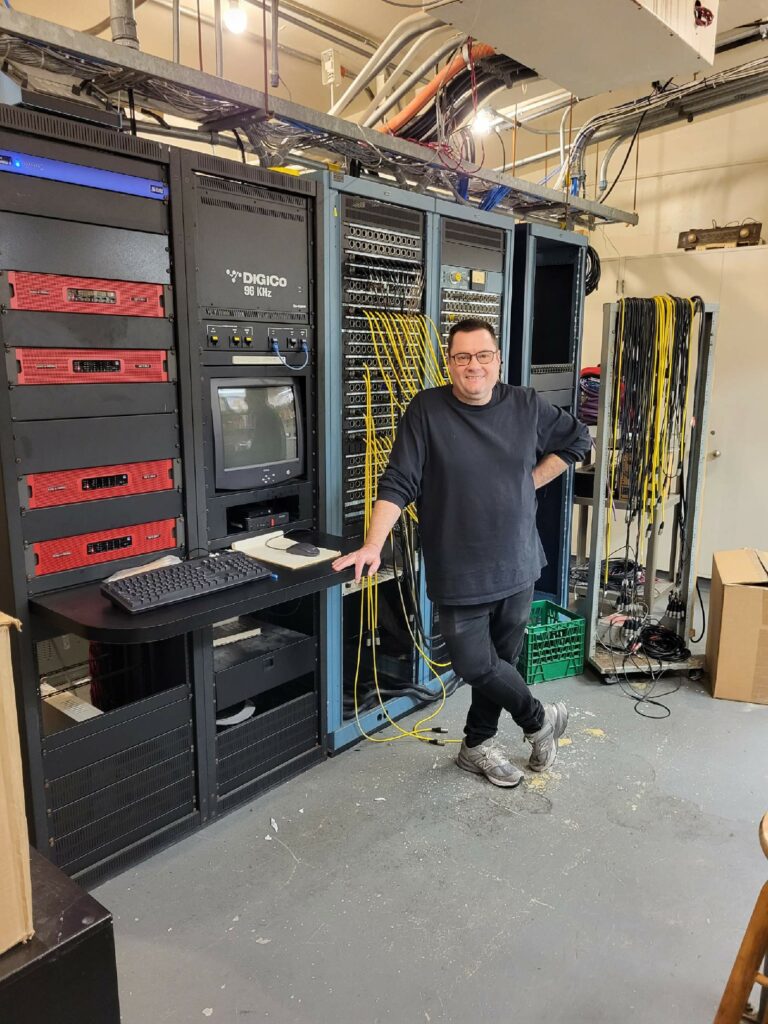
RAC: Could you explain a little what your day-to-day looks like? What are a Head of Audio’s main responsibilities?
Michael: A day in the life of a (live) audio engineer:
It has two different aspects; one for the days when there are shows, and one for non-show days.
On a show day, we will start loading in between 8 AM and 12 PM, depending on the size of the event. In the afternoon, the artist will usually perform a sound check. After the line check and sound check, there’s usually a dinner break, and after dinner we are back for a show and a take out (i.e., a tear down).
On a non-show day, we are either performing maintenance or getting ready for the next show (what is known as “Advancing”). We’re also looking after all the in-house service of equipment and prepping equipment that cannot be serviced in-house to be shipped out.
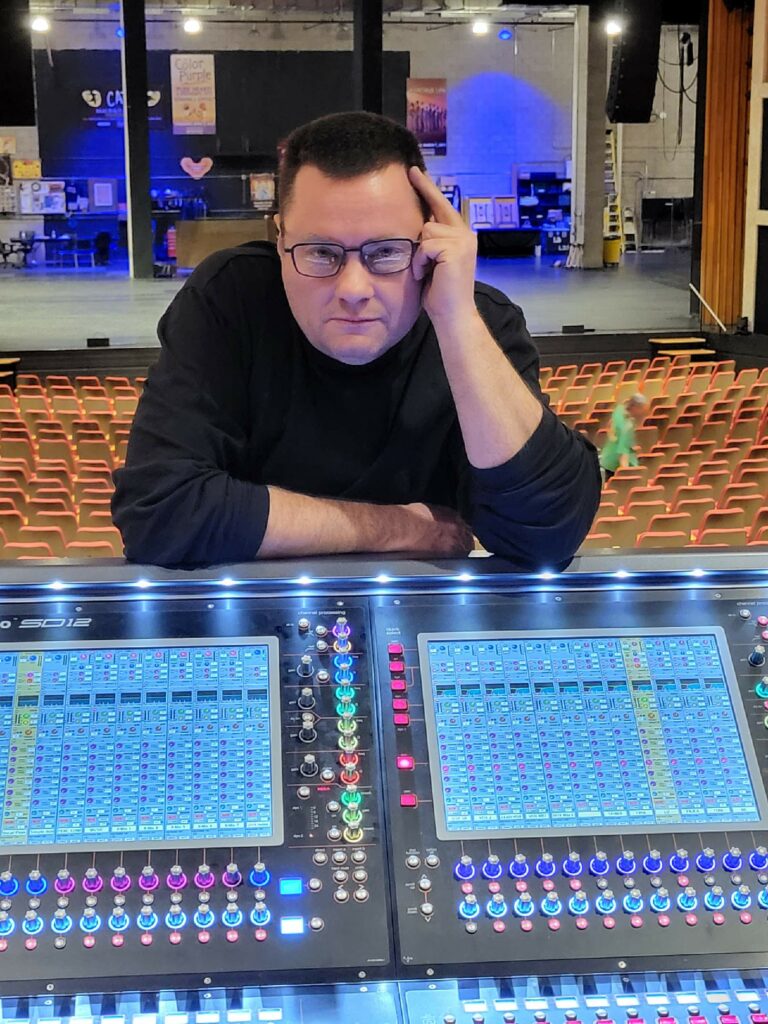
RAC: What would you say are the most important skills that aspiring Head of Audio engineers/audio engineers need to master if they hope to work in this or a similar position?
Michael: I would say a good set of ears, and the ability to troubleshoot quickly. People skills and the ability to work with many different personalities are also very important, as is the understanding of all music genres. I have found a niche working with orchestras and choirs, but love mixing the heavier stuff as well.
RAC: What have been some of your favourite events/shows to work on? Could you give us some details?
Michael: So many to list, but I’ll give it a go!
Billy Connolly: Great person with some amazing stories – as I mentioned earlier, I am a drummer, and Billy gave the last interview with the late John Bonham (drummer for Led Zeppelin).
Working for years with The Late Great Conductor, Boris Brott, was an honour. I remember as a child coming to student concerts at the theatre and years later being able to work with him. So many fond memories and I learned so much from him about music and orchestras.
I also really enjoy working with local artists, it’s great to see where the local music scene is going.
RAC: Aside from working as an engineer, are you currently working on any other projects? Could you share a little information with our readers?
Michael: I am indeed working on some projects outside of work. I have gotten into working on my own music over the past couple of years, as well as some recording projects for clients.
You can find my music on most streaming services under the name “AURIKLE”.
RAC: Tell us about your education at RAC; why did you decide to study audio engineering and what were the most significant takeaways from your studies?
Michael: When I attended RAC, it was at the original location in Stoney Creek. I believe I was in the fourth or fifth year after the program started, as part of the class of 1988. It was a small class, roughly 6-8 of us. It was great because we all got to hang out and work on each other’s projects. That was when I first got to work on a Mac computer – I had only heard of them before that, they were not as popular as they are now. I believe there was an Emulator there as well.
Michael played drums for The Crawlin’ Kingsnakes, a band he joined that got a record deal soon after he graduated from RAC. (The lead guitarist is another RAC alum!)
RAC: Thank you for your time Michael! What do you have lined-up for 2023?
Michael: I think 2023 is going to be a transitional year in that we’re back to live events, but since we grew to rely so heavily on streaming for our means of entertainment over the last 3 years, I think I will see a much greater marriage of the two than ever before. I think it’s going to give many opportunities for people in the industry.
Written by Ania Szneps
Illustration by Yihong Guo
